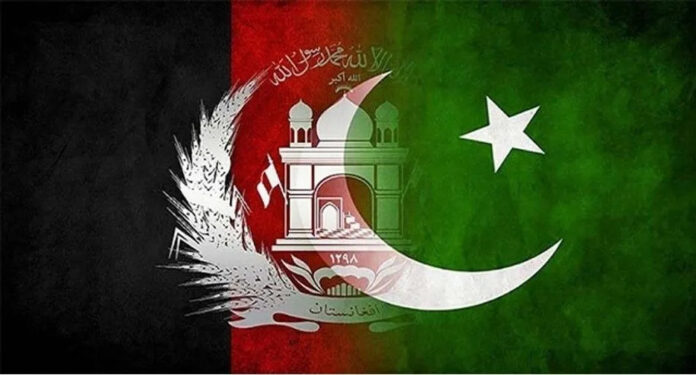An Afghan Scholar’s candid take on the woes of the Pakistan-Afghanistan relationship.
The relationship between Pakistan and Afghanistan has always been difficult and often characterized by political confrontation. It has seen highs and lows. Both are united by shared culture, geography, history, and religion, but at the same time, mistrust, border disputes, fencing, and sporadic armed skirmishes have placed them in a contentious zone. Recent mass deportations of Afghan nationals from Pakistan, many of whom had lived there for decades, have only added to these tensions and intensified the already fragile relationship.
Afghans perceive Pakistan as interfering in their internal matters, whereas Pakistan accuses Afghanistan of providing safe havens to the terrorists. The Taliban’s reluctance to act decisively against the Tehrik-i-Taliban Pakistan (TTP) has further strained bilateral ties, leading to renewed calls within Pakistan for stricter border controls and cross-border military responses.
This piece is not written out of hostility. It comes from an Afghan who spent nearly three decades living in Pakistan, someone who knows the generosity of its people and the complexity of its society. Instead, it is a sincere, fraternal, and deeply felt expression of disappointment that echoes across Afghan society, especially among the younger generation.
For over fifty years, every major political transition in Kabul has been met in Islamabad not with openness, but with suspicion, as if Afghan sovereignty were a threat to Pakistan’s stability. From President Mohammad Daoud’s push for independence in the 1970s to the Taliban’s return in 2021, successive Afghan governments have been viewed more as liabilities than as partners. This mindset, shaped by a security doctrine that mistakenly conflates independence with hostility, has not only failed politically, but has also created a deeper moral and strategic impasse. If there is to be a turning point, it must begin with honest reflection from Pakistan’s journalists, civil society, and decision-makers. Recognizing Afghanistan’s sovereignty is not a concession; it’s a prerequisite for lasting peace and a more stable South Asia.
The reasons behind why either of the two sides is unable to resolve sociopolitical and economic issues are a lack of consensus and transparency. Foremost, Pakistan does not realize that it is showing no regard for Afghan sovereignty. Until Afghanistan is treated as an equal partaker in any discourse concerning bilateral ties, stability in the region will remain a distant dream.
Pakistan should act as a mature state and acknowledge that sovereignty is the foundation of any healthy bilateral relationship. Afghanistan’s independence has never been a threat to Pakistan’s stability. What threatens it is the continued reliance on outdated strategic thinking and mistrust. If Pakistan truly seeks peace in the region, it must stop viewing Afghanistan through the lens of strategic depth and start engaging with it as an equal and independent neighbor.
At the same time, Afghanistan does not need interference; it needs support rooted in respect. The Afghan people, still reeling from the aftermath of decades of war and economic struggle, need fair trade, open dialogue, educational opportunities, and humanitarian cooperation. Supporting a stable and self-reliant Afghanistan is not a favor but a shared interest.




